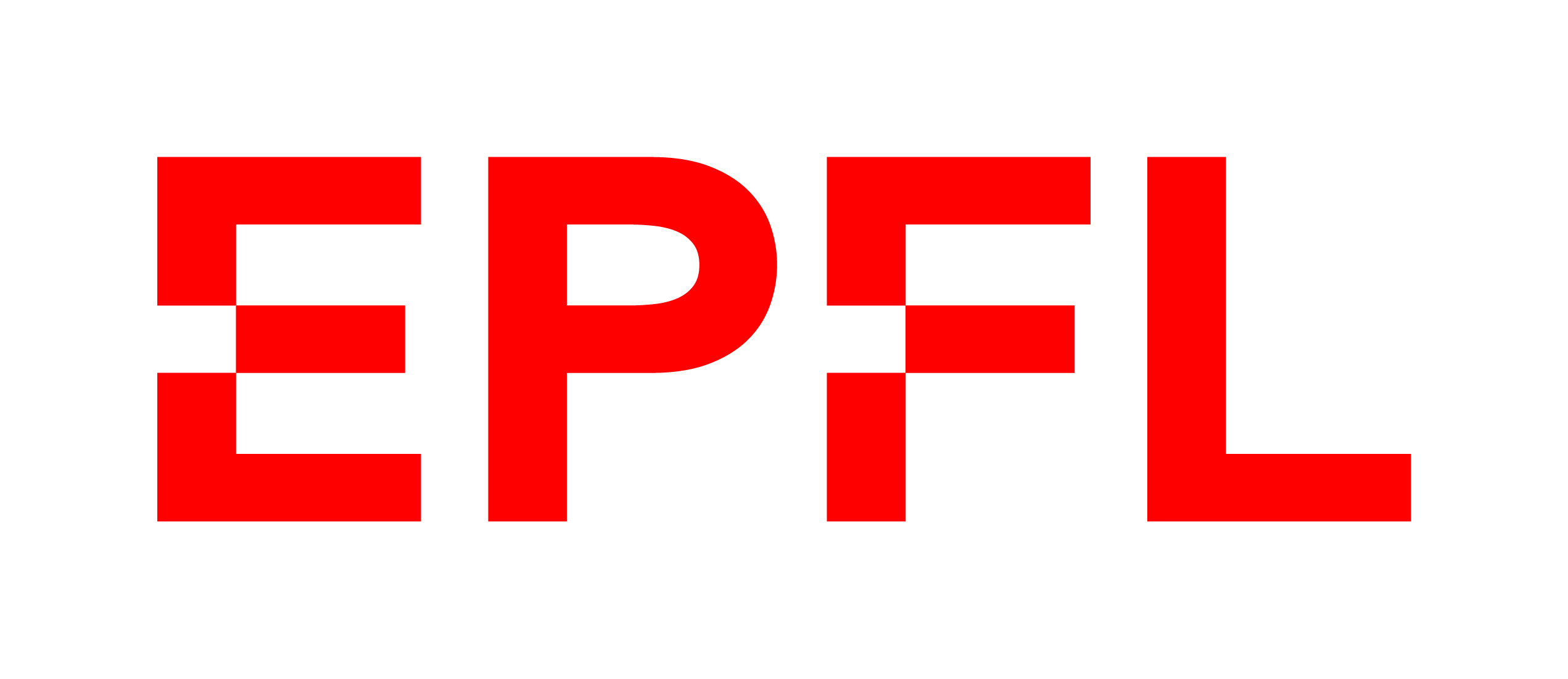EPFL is one of the two Ecoles Polytechniques Fédérales in Switzerland, which, associated with several specialised research institutes, form the EPF domain, directly dependent on the Federal Department of Home Affairs. EPFL has three missions: education, research and technology transfer at the highest international level.
It offers 13 complete study programs at the Bachelor's and Master's levels in engineering, basic sciences, computer and communication sciences, life sciences, civil engineering, architecture and the environment. These study programs meet the requirements of the Bologna accords and as a result, students can take advantage of a wide array of exchange opportunities, and the degrees they earn are internationally recognized.
Within EPFL's Doctoral School, PhD students share ideas, provide mutual support and intellectual stimulation, and round out their education with high-level specialized courses. PhD students benefit from EPFL's scientific expertise and excellent infrastructure. With more than 250 laboratories and research groups on campus, EPFL is one of Europe's most innovative and productive technology institutes. EPFL emphasizes both fundamental research and engineering applications.
The campus offers services and facilities to transform scientific excellence into economic competitiveness, jobs and quality of life. A start-up incubator, coaching services, study programs in entrepreneurship, and innovation programs all serve to stimulate the links between lab and business. The Science Park on campus is home to more than 100 enterprises and numerous investors. EPFL, in its idyllic location on the shores of Lake Geneva, brings together a campus of more than 10,000 people.
By its novel structure, the school stimulates collaboration between students, professors, researchers and entrepreneurs. These daily interactions give rise to new and groundbreaking work in science, technology and architecture.
The Centre de Recherches en Physique des Plasmas (CRPP) has been active in plasma physics research since 1961, and is associated with EURATOM since 1979, handling the entire Swiss contribution to the European nuclear fusion programme.
CRPP is strongly engaged in research on plasma physics theory, basic experimental plasma physics, tokamak physics, materials for fusion reactors, superconductor development, gyrotrons and plasma processing. The Lausanne branch is wholly embedded in the EPFL campus (School of Basic Sciences) and CRPP faculty and staff are active in teaching at both the undergraduate and graduate levels, offering a complete plasma physics curriculum which is uniquely supported by hands-on access to state-of-the-art facilities.
The CRPP research programme is international in nature, with over 20 distinct nationalities represented within the staff and student population, and a vast array of international collaborations with European institutions and beyond. The largest facility at the CRPP is the TCV tokamak, which has been in operation since 1992.
TCV is a medium-sized tokamak characterized by an extreme flexibility in plasma positioning and shaping, which has permitted the creation of highly elongated as well as strongly D-shaped plasmas with both positive and negative triangularities. Exotic configurations such as the “snowflake” divertor and the doublet (transiently) have been pioneered by TCV. Another significant asset is a uniquely powerful and versatile ECRH system, with 9 0.5MW gyrotron sources heating the plasma through 7 individually steerable launchers. TCV was the first device to demonstrate full steady-state non-inductive discharge sustainment by ECCD, and more recently by the bootstrap current alone through the application of ECRH.
The CRPP also operates Torpex a basic toroidal plasma experiment dedicated to the study of the turbulence. Arrays of probes immersed in the plasma are used to measure the intrinsic plasma parameters, which allow the characterisation of turbulence spectra and different associated phenomena such as blobs propagation.
The theory group is dedicated to the understanding of crucially important physical phenomena taking place in fusion plasmas. Since plasma is an extremely complex medium, characterized by phenomena that occurs on a extremely wide range of temporal and spatial scales, state-of-the-art scientific codes, based on first principles, are run on the most powerful computers to simulate this intricate behavior.

